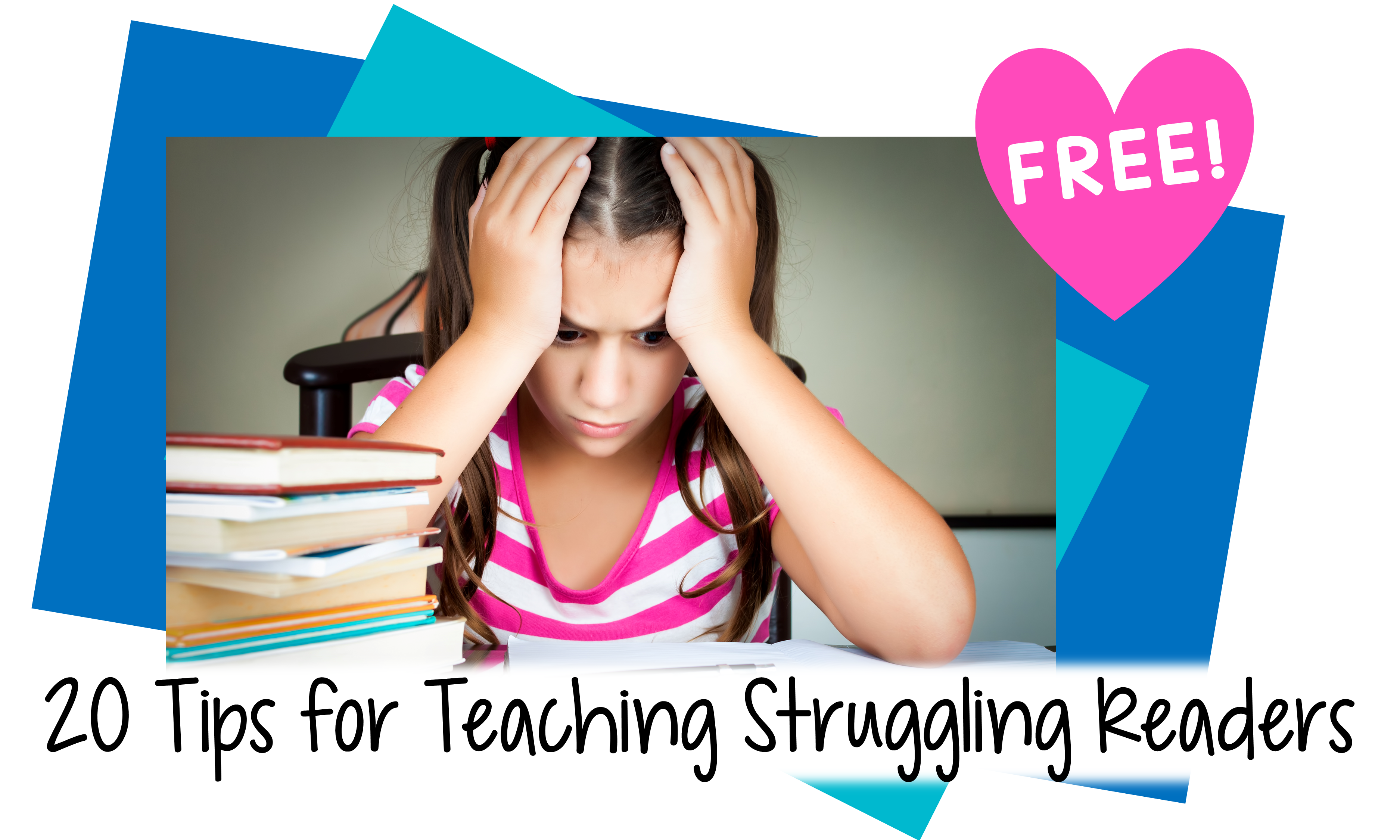NOTE: The Handprints publisher was bought out by a larger publisher who decided to drop the series. I am told that the editors are seeking another publisher for the Handprints series. I hate to brag, but I am extremely proud of my series Handprints, the 120 leveled books I wrote for children at the early stages of learning to read. Creating these books, also called leveled readers, was a complicated process, and I wanted them to be different in several ways from other available books of the same type. Leveled Readers Some people think that “leveled” means “simple,” but leveled...
Don’t you love getting ready to tutor a new student? You look forward to getting to know this youngster as a reader, and as a person, too. It’s wonderful to anticipate using your own teaching strengths to help someone else experience the joy of literacy. Aren’t we reading teachers the luckiest people in the world? (more…)
Remember Liza? If you read that previous Liza post, you met that preschooler when she was at the earliest stage of learning to read—the Pre-Alphabetic stage. She knew a few letters but no letter sounds, so reading was primarily a visual matching task for her. If she remembered any words, it was usually through partial visual cues, such as associating the word look with two eyes in the middle. Now we will see how Liza moved on to the next stage. As she began to learn a few letter sounds she progressed into the Partial-Alphabetic phase. Although not able to...
Meet Liza. Liza was “reading” a book. The text said: I see a puppy. Liza read: “Look at the little dog.” She could match the meaning of the text to the illustrations because she heard the language pattern during the book introduction, but she was not yet ready to match her voice to the text, or to monitor her attempts phonetically. Thus, she made semantic errors (errors that match meaning). Liza was a Pre-Alphabetic reader. Young children go through different stages as they learn to read. When we figure out the stage a student is on, we can adjust...
Many teachers cringe when they hear the word testing, mainly because so much of it is mandated at the national, state, and district level. Weeks of classroom time have been stolen to both prepare for and administer high stakes standardized (norm-referenced)[i] tests with little or no benefit to our students. And, for some of us, our jobs have depended on our students doing well on these time-consuming tests. Talk about stress! (more…)
Boo! I love teaching guided reading at Halloween time—especially to emergent readers! I’d like to share some of my teaching points and materials with you. Most kindergartners and 1st graders like to be a little bit scared, but, even more than that, they love to scare adults! This is why they are eager to learn to read and write boo, and much of my teaching this time of the year centers around the word. Boo! (more…)
Guided reading time is so precious! Don’t you agree? As a classroom teacher, it was one of the few times I got to observe my students up close. Even as a reading specialist I was hyper protective of my guided reading sessions. (Just ask the classroom teachers I worked with…I probably drove them crazy! Ha-ha!) During my years of teaching guided reading, I’ve come up with a number of techniques and materials to make the best of that special instructional time. I’ll share a few of those with you. (more…)
Teaching time is precious… …especially guided reading time, when we can differentiate our instruction and observe our kindergarten, 1st, or 2nd grade students more closely than we can in the whole class setting. That’s why I used to get frustrated at the beginning of the year, both as a reading specialist and a classroom teacher. There is so much else to do—collecting papers from home, teaching classroom routines, touring the building, and after all that, finding time to give individual testing. Yes, I used to believe that I had to give running records and other diagnostic tests to all my students...
My Handprints leveled books received a wonderful commendation from a colleague last week. This man is an early literacy professional par excellence, with many years’ experience teaching not only children, but teachers, as well. After I told him that I am self-publishing now, through Teachers Pay Teachers, he remarked that the Handprints books were highly successful with young readers, and then he told me why. (more…)
Do you know a reluctant reader? If so, whether you are a parent or a teacher, I hope you will find some suggestions below to help. As a reading specialist and classroom teacher, I’ve had the opportunity of working with many reluctant readers, and they have taught me a lot! Reluctant comes from a Latin word meaning “to struggle against.” These children struggle against reading because reading is a struggle for them. In order to teach these students, I had to come up with a variety of solutions (okay, tricks) to get them to read. (more…)
Spring is here…Yea! Welcome to a repeat edition of Book Box. Here again is a themed list of leveled books, this time about spring. Two of my favorite authors are Kris Bonnell and Michele Dufresne. We authors of leveled readers learn from each other–and from the kids, of course! Thank you, Kris and Michele, for your wonderful books. Happy Spring, everybody!
Can you believe that it’s already September and back-to-school time? Welcome to the fall edition of Book Box. You may recall that, every season, I like to post books by my favorite leveled reader authors. Click here to read the list. I hope your students will enjoy reading these books–and that you will appreciate how helpful they are for nurturing young readers!
